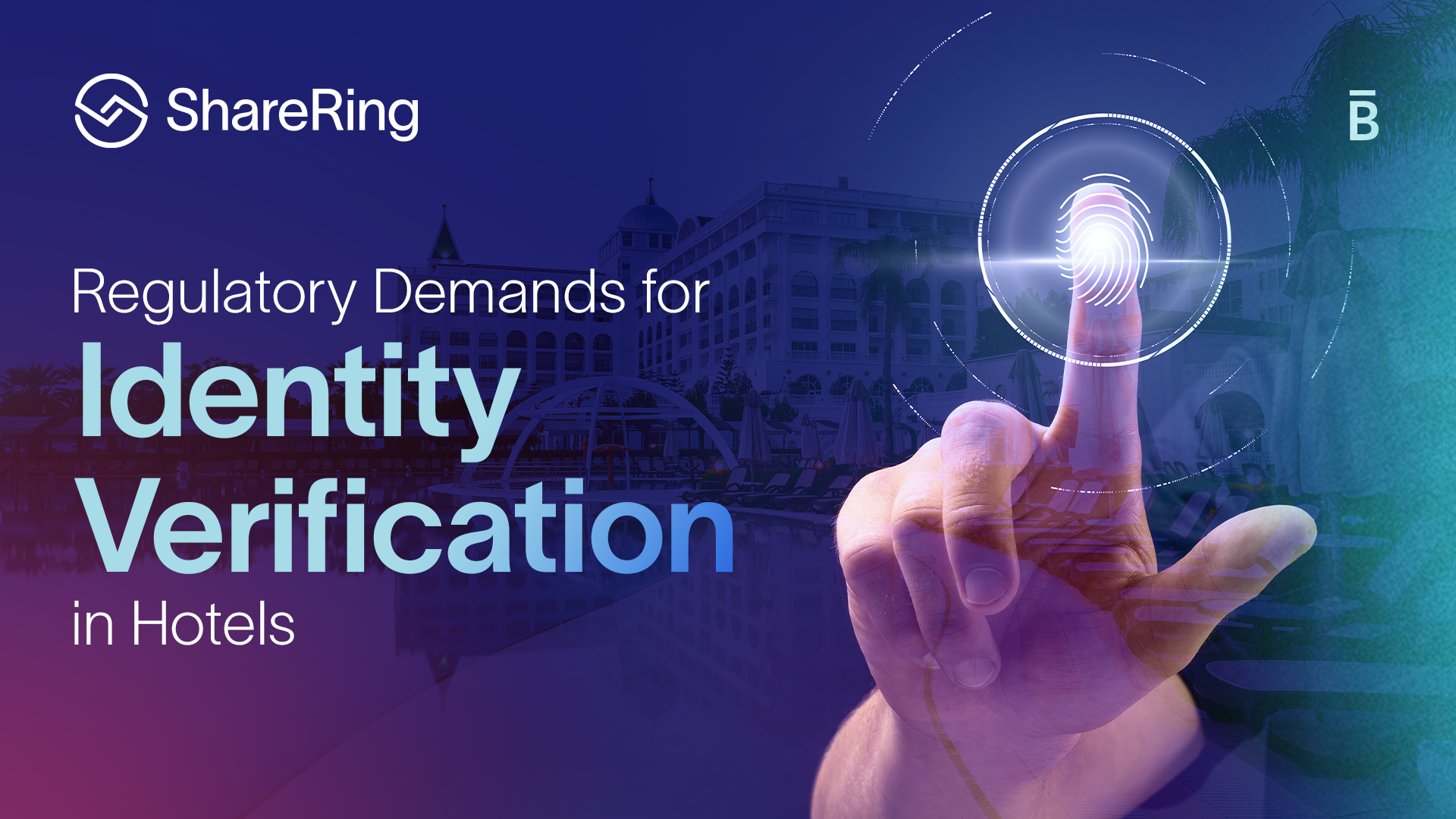Part II: Smart Contracts: The Privacy Paradox on The Blockchain

Smart contracts are programs that can automate processes and agreements on the blockchain. This field has a lot of potential because smart contracts come with the reliability, efficiency, and transparency associated with blockchains. But the lack of privacy in smart contracts is an emerging consideration, in particular when we as an industry realise that the basic rights to privacy enjoyed in web2 do not fully exist in web3.

The world’s largest corporations are exploring and embracing blockchain technology as the web evolves. Since 2019, Forbes has compiled an annual ‘Blockchain 50’ detailing the top billion-dollar companies integrating blockchain into their daily operations to drive innovation and unlock new efficiencies.
The list makes it clear how widespread global blockchain adoption is: Nearly half of the Blockchain 50 in 2022 is based outside the United States; 14% are Chinese. Venture capital firms also began to populate the list for the first time this year. As a group, VC firms invested more than US$32 billion in the sector in 2021.

There are significant obstacles for businesses adopting blockchain to overcome. Some of these, such as complexity, inefficient energy consumption, legal formalities/lack of regulation, and high implementation fees, will be addressed in time by technology and increased mainstream adoption.
Blockchain’s open nature is one of its biggest strengths - optimists envisage a world where all database transactions are recorded immutably in decentralized ledgers. This, they hope, will create new levels of transparency and reliability. But it’s also a massive challenge for corporations. No one wants their entire financial history available to anybody who wants to see it -- and no business wants their trade secrets easily viewable.
In light of this, it's important to note that ShareRing is moving away from being a public blockchain and becoming a permissioned one.
This is because ShareRing recognizes the importance of privacy for businesses and individuals. Public blockchains allow anyone to access them, which means that anyone can see the transactions that are taking place. This is not ideal for businesses or individuals who want to keep their data confidential.
A permissioned blockchain is different in that only authorized participants can see the transactions that are taking place. For businesses and individuals who want complete data privacy, this is a more secure option.
ShareRing is dedicated to keeping our users' information secure, as well as contributing to the development of data privacy across the blockchain industry. Our goal remains the same: to reduce friction in the world by building a global blockchain ecosystem that embraces trust, privacy, and diversity.














.png)
